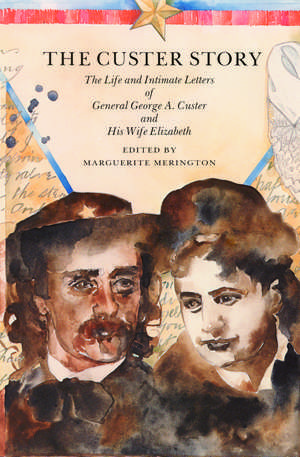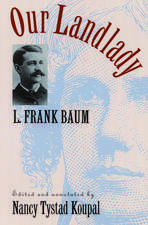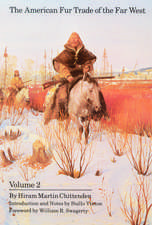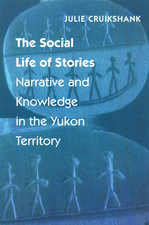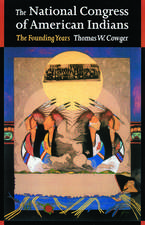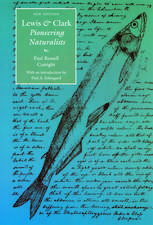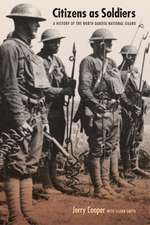The Custer Story: The Life and Intimate Letters of General George A. Custer and His Wife Elizabeth
Editat de Marguerite Meringtonen Limba Engleză Paperback – sep 1987
During separations enforced by the military, Lieutenant General George A. Custer and his wife, Elizabeth, corresponded about the Civil War, the perils of frontier life, and the chain of events that would lead to his tragic death at the Little Big Horn in Montana Territory. Their letters reveal the nuances of personal and political loyalties rarely expressed by historians and novelists. And they reveal a devotion rare among wartime marriages. He was her "Autie," her "Darling Boy," and she was his "Libbie," his "Darling Sunbeam."
When Elizabeth Custer died in 1933, after fifty-seven years of widowhood, she left behind these treasured letters. Her friend and literary executor, Marguerite Merington, edited them, adding related materials and a thread of narrative reaching from Custer's birth on an Ohio farm to the final fury at the Little Big Horn.
Preț: 140.26 lei
Nou
Puncte Express: 210
Preț estimativ în valută:
26.84€ • 28.70$ • 22.38£
26.84€ • 28.70$ • 22.38£
Carte disponibilă
Livrare economică 27 martie-10 aprilie
Preluare comenzi: 021 569.72.76
Specificații
ISBN-13: 9780803281387
ISBN-10: 0803281382
Pagini: 347
Ilustrații: Illus., map
Dimensiuni: 133 x 203 x 15 mm
Greutate: 0.48 kg
Ediția:Revised
Editura: BISON BOOKS
Colecția Bison Books
Locul publicării:United States
ISBN-10: 0803281382
Pagini: 347
Ilustrații: Illus., map
Dimensiuni: 133 x 203 x 15 mm
Greutate: 0.48 kg
Ediția:Revised
Editura: BISON BOOKS
Colecția Bison Books
Locul publicării:United States
Recenzii
"The letters provide a rare and unusual contribution to the basic data of America's military and social history—a wife's-eye view of war and soldiering, and a soldier's on-the-spot confidences to his wife. . . . Neither of the Custers was writing for posterity, and posterity becomes thereby the gainer."—Saturday Review of Literature
"There is much interest here for anyone interested in the man and his deeds."—Hoffman Birney, New York Times
